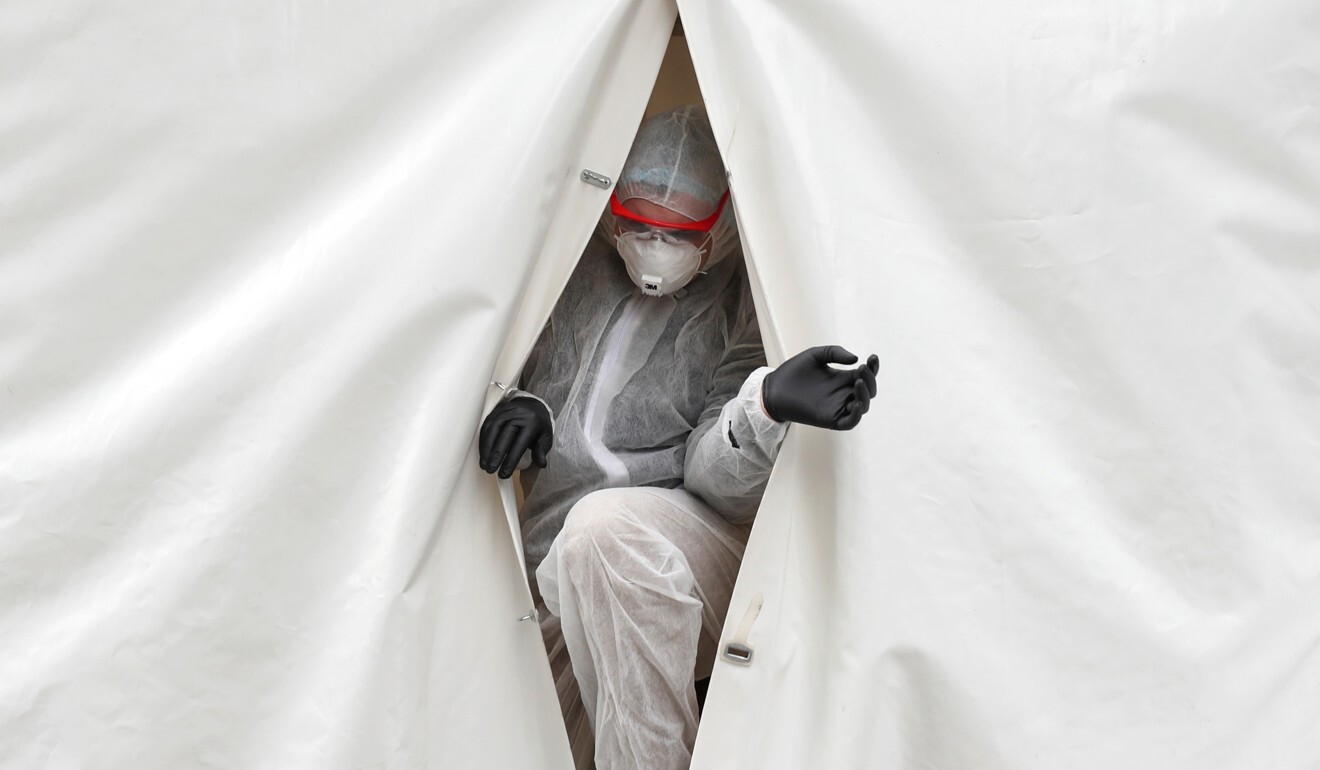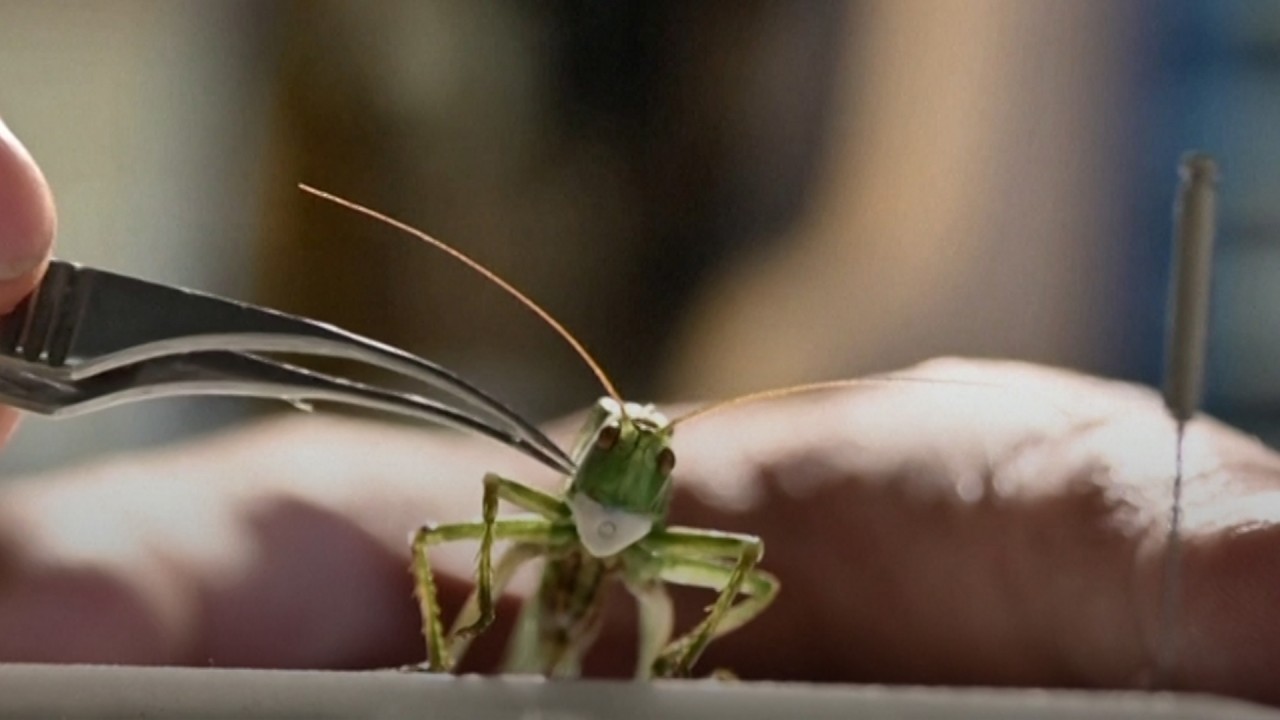
Coronavirus: people are forging tests to return to China from Russia
- Beijing’s embassy in Moscow has released two warnings after air travellers were found to have faked their nucleic acid tests
- The border between Russia and China has been effectively closed since the start of the coronavirus pandemic

Chinese citizens have faked Covid-19 test reports so they can board flights home from Russia, prompting multiple warnings from Beijing’s envoy to Moscow.
The embassy issued nearly identical warnings on May 29 and again on Sunday after discovering people had forged negative nucleic acid test results that the government requires passengers to take within five days of flying from Russia to China.
The embassy said the passengers had caused great harm to the health and safety of the passengers and crews of the flights, and undermined China’s domestic epidemic prevention work.
The counterfeiters were under investigation and would “bear corresponding legal responsibilities”, it said.
The statement, released on the embassy’s WeChat account on Monday, did not say where the flights had departed from, or their destinations.

Russia has reported more than 590,000 cases of Covid-19, the third highest after the United States and Brazil, and nearly 8,200 deaths. China has reported over 83,400 cases and 4,634 deaths.
Preventing imported cases from Russia has been an ongoing challenge for Chinese health authorities, with officials in April describing the Russian border as the frontline in the battle against a resurgence of Covid-19.
Russia closed its border with China in late January when the epidemic was near its height, and in late February banned all Chinese citizens from entering the country. When the situation reversed, China closed its border with Russia in early April and it remains closed.
Limited air travel is available for Chinese nationals from Russia, but Beijing has banned foreigners from entering the country to prevent a second outbreak of the virus.
Earlier this month, authorities in the Chinese border city of Mudanjiang in Heilongjiang province, ordered mass nucleic testing for its residents. Workers tested 650,000 people to reveal 19 asymptomatic cases. The city had to grapple with a wave of imported cases from Russia in April.

01:36
Russian artist creates masks to ‘protect’ insects from coronavirus
The news comes as the city of Beijing races to trace the origin of a new coronavirus outbreak that has infected 249 people since it was detected in the capital’s largest wholesale food market on June 11.
Zhang Yong, an assistant director at the Chinese Centre for Disease Control and Prevention (CDC) said the strain of virus originated in Europe, but was older than the one currently spreading across the continent.
Wu Zunyou, chief epidemiologist of the CDC, said last week that while the genetic material showed a European strain, the same strain was also common in Russia and the United States, making it impossible to tell which country the virus came from.
Health authorities said the Xinfadi cases were “imported” into the capital, but said it was unclear whether the virus was transported to Beijing from inside China or abroad.
Chinese importers stopped buying European sourced salmon after a cutting board used for imported salmon at Xinfadi tested positive for the virus.
Wang Wenli, mayor of Mudanjiang, said earlier that imported cases found at the Suifenhe port along Russia’s border were also of a “European strain”.